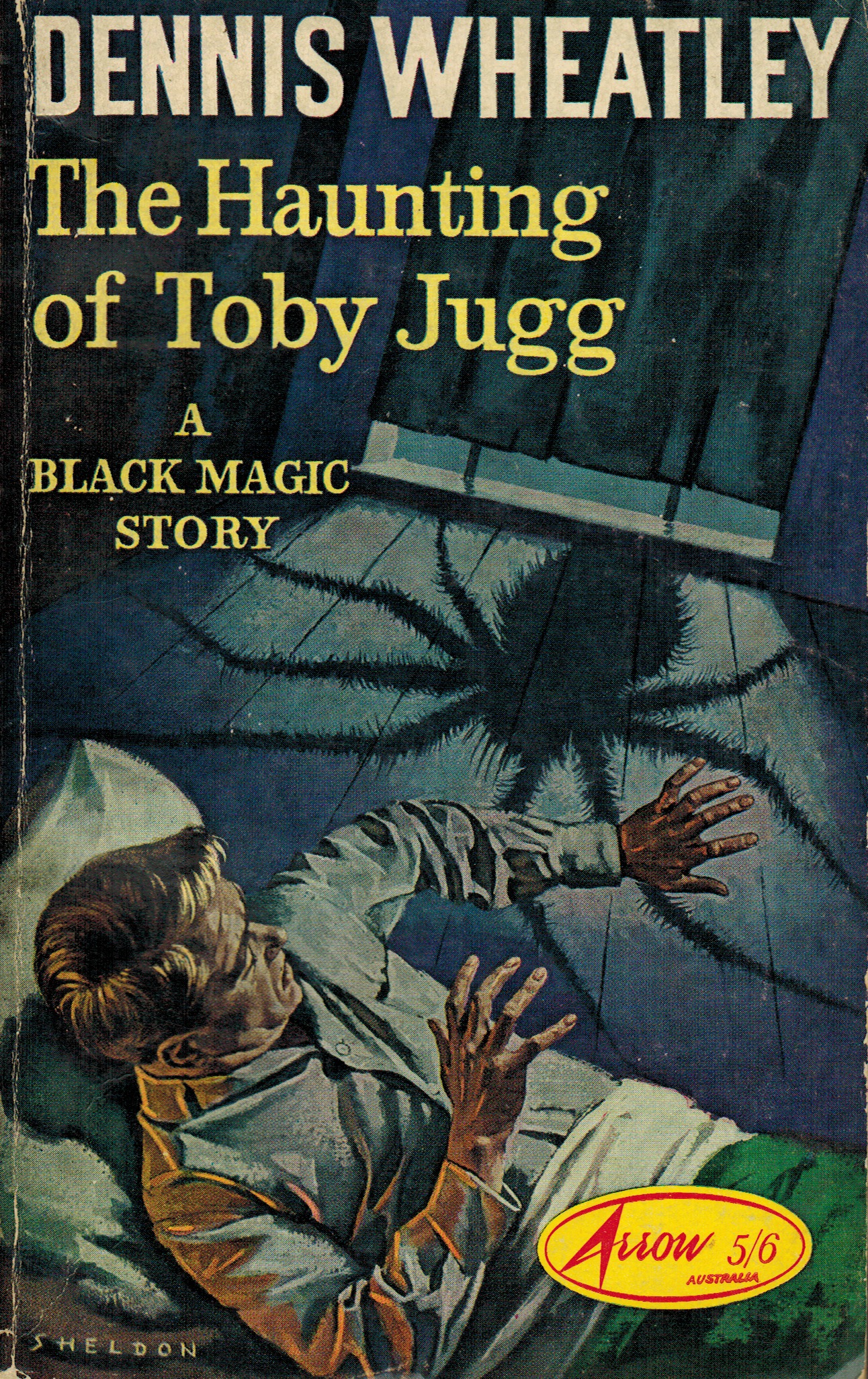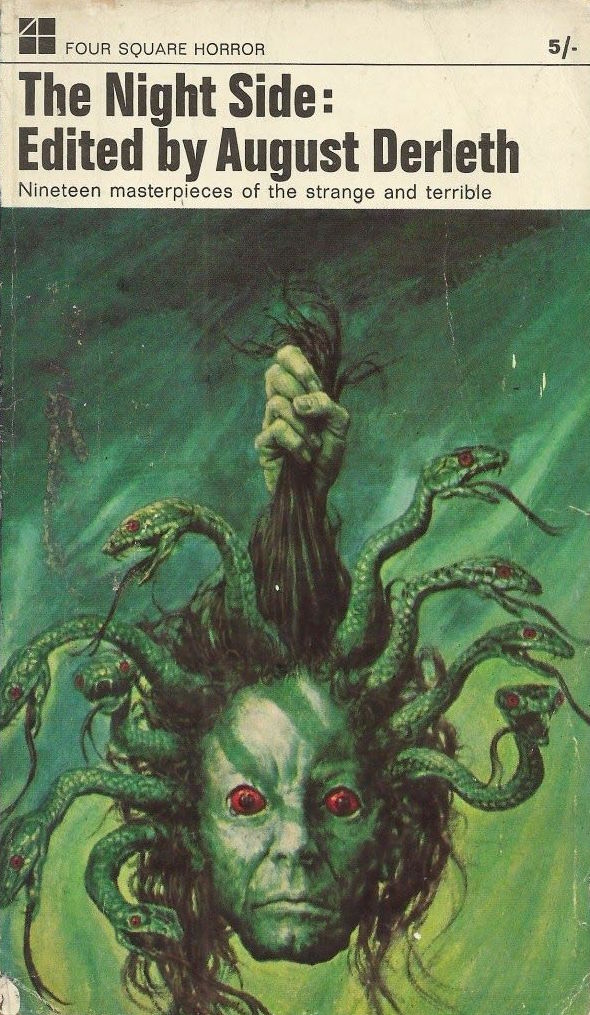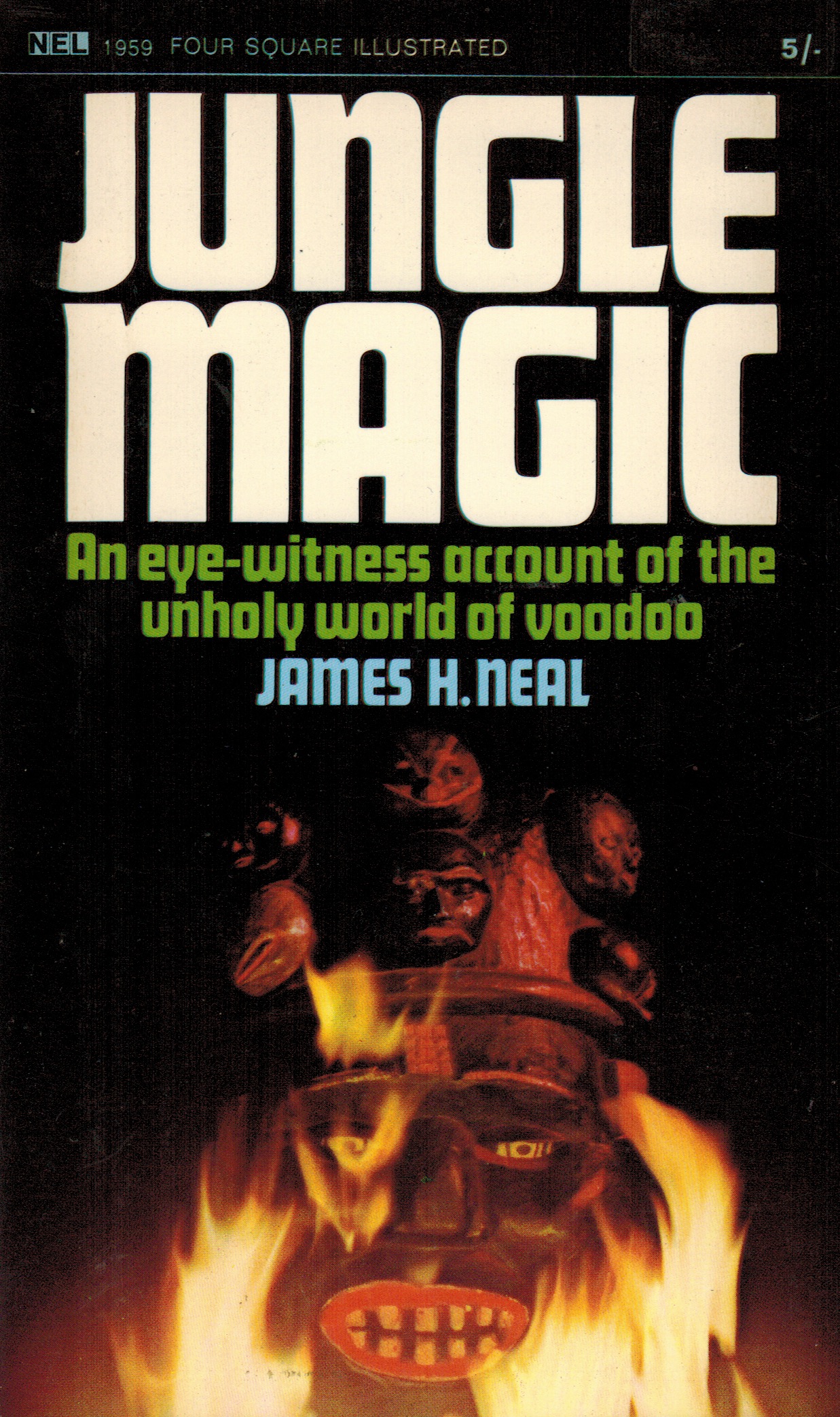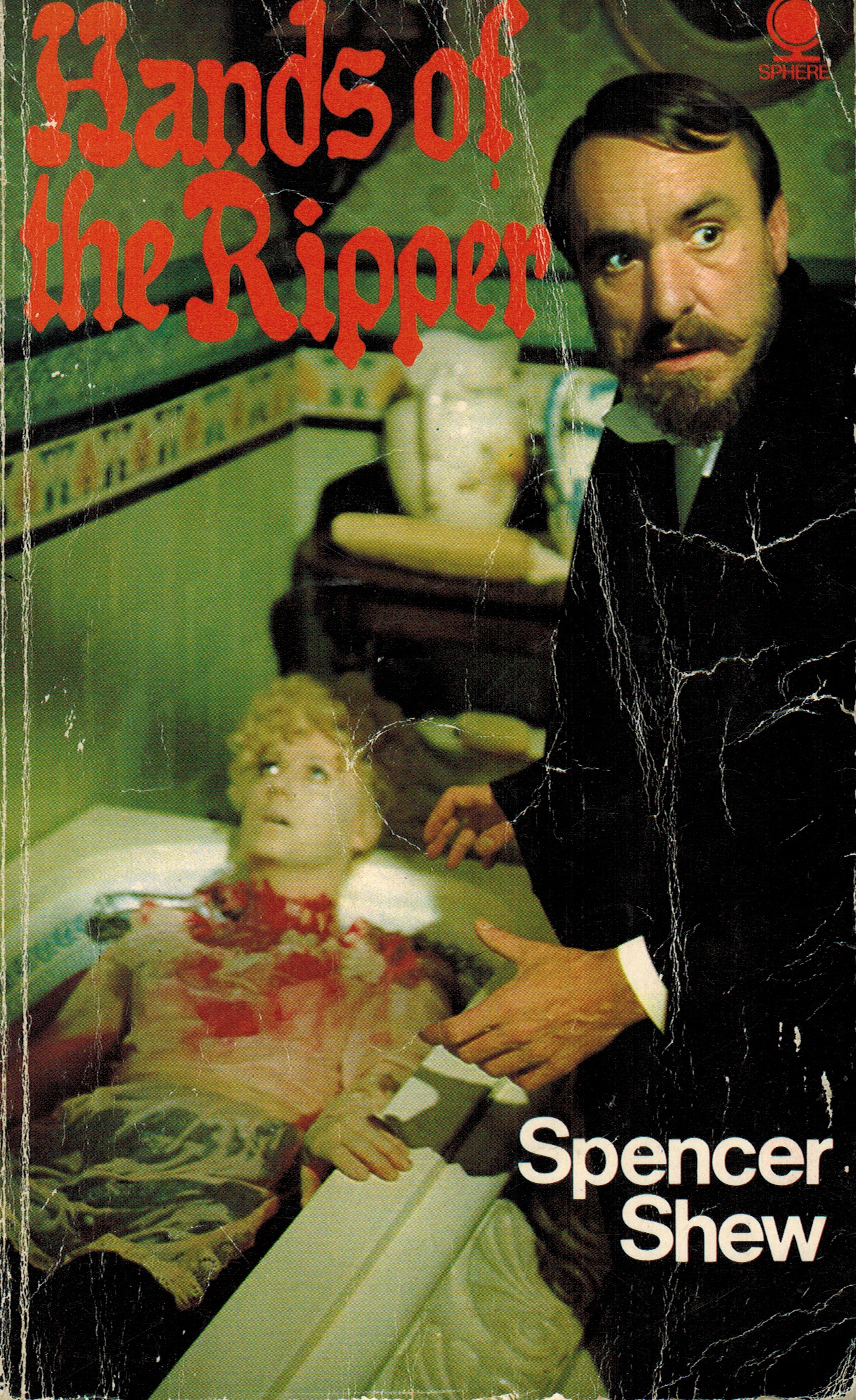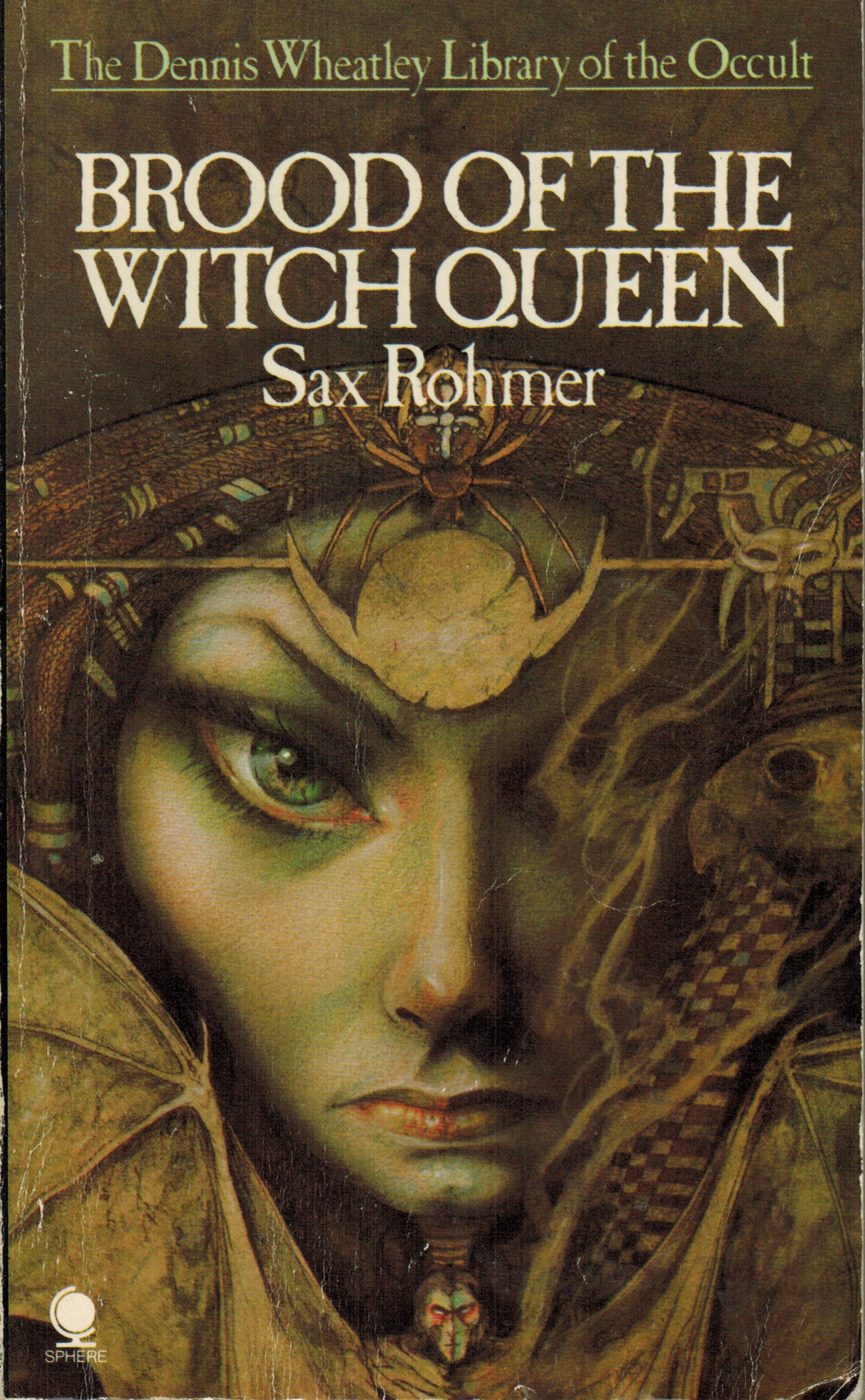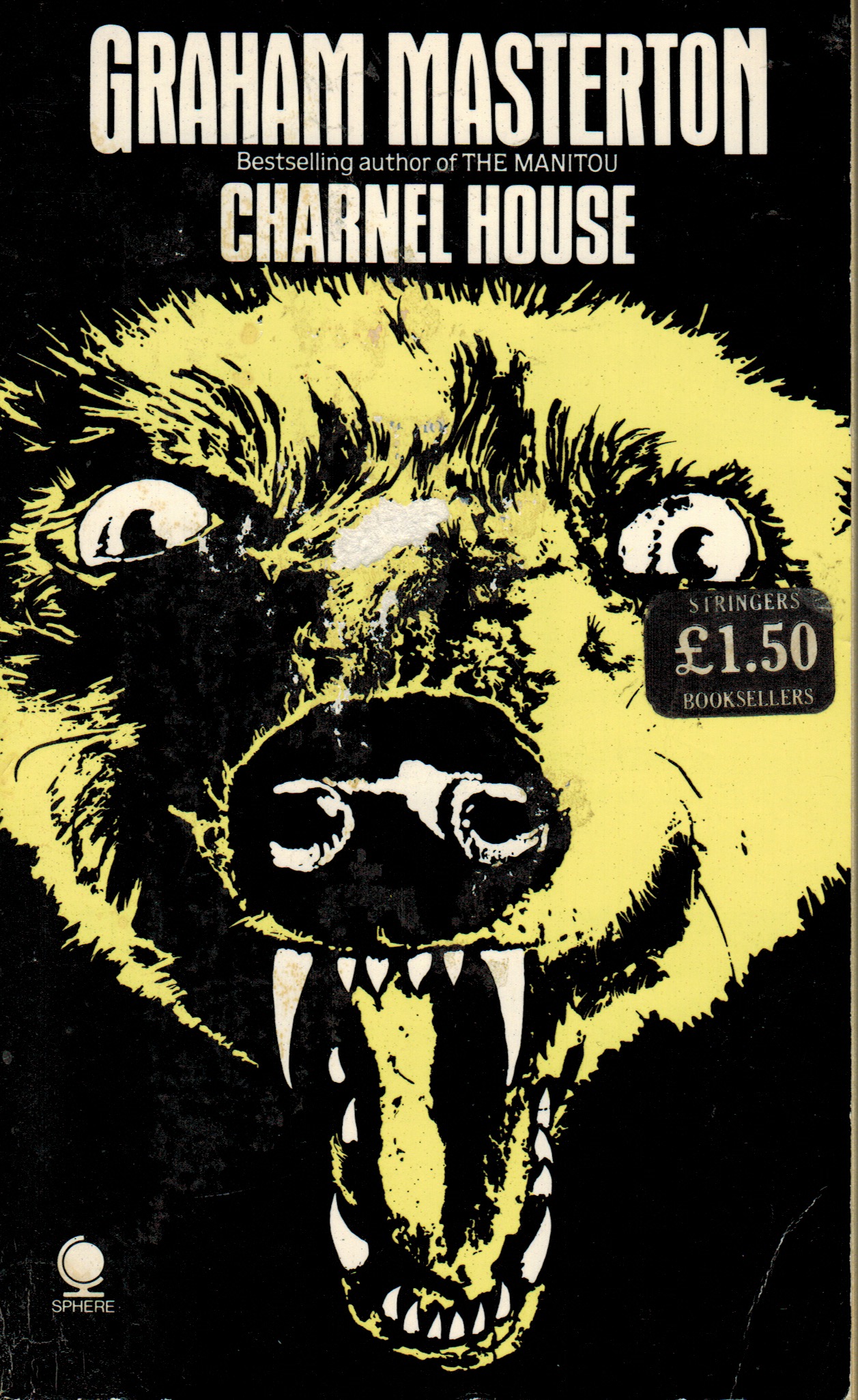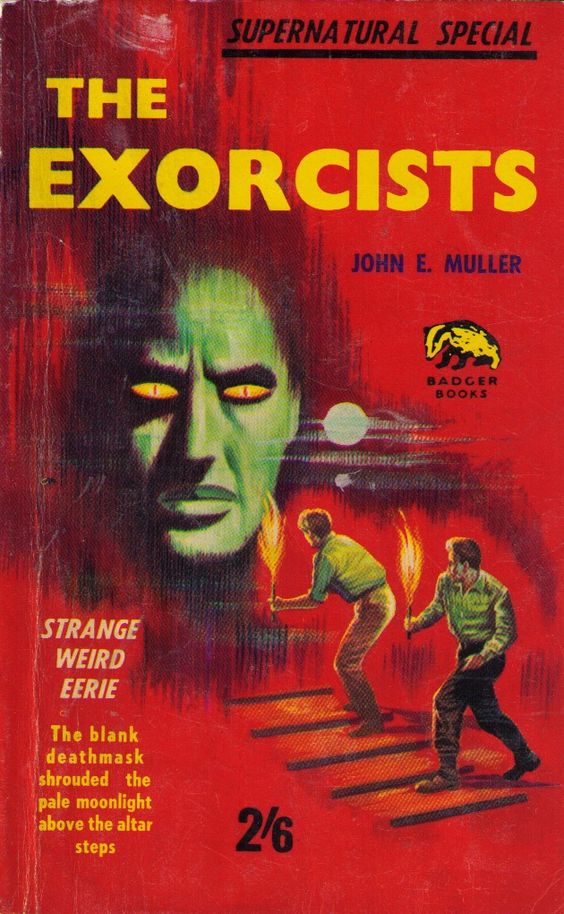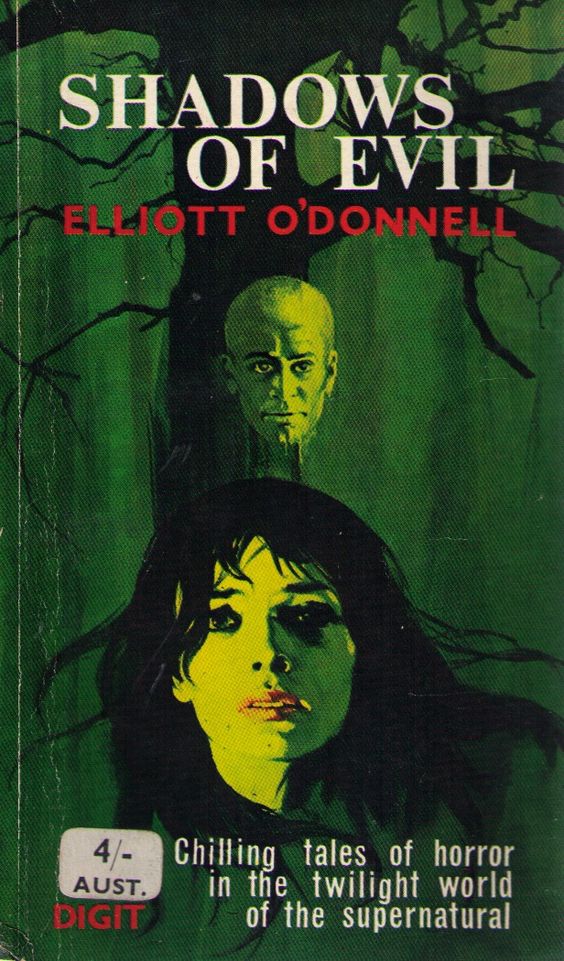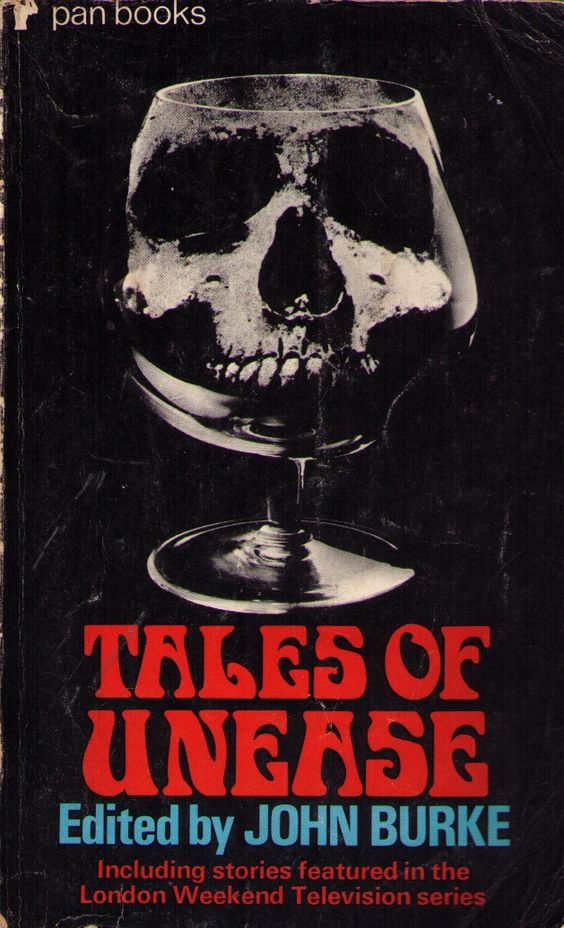Search
-
Recent Posts
- Dishing up Pulp Curry in a new way: why I am starting a Substack newsletter
- Book reviews: Deadly dames, midcentury Brit pulp and 1970s science fiction
- Mackenna’s Gold (1969): Gold, Ghosts and Frontier Violence
- Orphan Road book launch
- Orphan Road now available
- Pre-orders open for my new novel, Orphan Road
- Cover reveal: Orphan Road, my follow up to Gunshine State
- Breakfast in the Ruins podcast: New English Library Bikermania
- Why 1973 was the year Sidney Lumet took on police corruption
- Men’s Adventure Quarterly: Gang Girls issue
Categories
- 1960s American crime films
- 1970s American crime films
- 1980s American crime films
- 1990s American crime films
- Adrian McKinty
- Albert Dekker
- Andre De Toth
- Angela Savage
- Angie Dickinson
- Anthony Zerbe
- Asian noir
- Australian crime fiction
- Australian crime film
- Australian noir
- Australian popular culture
- Australian pulp fiction
- Australian television history
- Ava Gardner
- Beat culture
- Belmont Tower Books
- Ben Wheatley
- Billie Whitelaw
- Black pulp fiction
- Blaxsploitation
- Book cover design
- Book Reviews
- British crime cinema
- British pulp fiction
- Bryan Brown
- Burt Lancaster
- Carter Brown
- Charles Durning
- Charles Willeford
- Chester Himes
- Christopher G Moore
- Christopher Lee
- Cinema culture
- Claude Atkins
- Coronet Books
- Crawford Productions
- Crime Factory
- Crime Factory Publications
- Crime fiction
- Crime fiction and film from Africa
- Crime fiction and film from Cambodia
- Crime fiction and film from China
- Crime fiction and film from India
- Crime fiction and film from Indonesia
- Crime fiction and film from Japan
- Crime fiction and film from Laos
- Crime fiction and film from Latin and Central America
- Crime fiction and film from Malaysia
- Crime fiction and film from New Zealand
- Crime fiction and film from Scandinavia
- Crime fiction and film from Singapore
- Crime fiction and film from South Korea
- Crime fiction and film from Thailand
- Crime fiction and film from the Philippines
- Crime Fiction and film set in Vietnam
- Crime film
- Dangerous Visions and New Worlds Radical Science Fiction 1950 to 1985
- David Goodis
- David Peace
- David Whish-Wilson
- Derek Raymond
- Diana Dors
- Dirk Bogarde
- Don Siegel
- Don Winslow
- Donald Westlake aka Richard Stark
- Dystopian cinema
- Ernest Borgnine
- Eurocrime
- Fawcett Gold Medal Books
- Femme fatale
- Fernando Di Leo
- Filipino genre films
- Film Noir
- Forgotten Melbourne
- French cinema
- French crime fiction
- Garry Disher
- Gene Hackman
- George V Higgins
- Georges Simenon
- Ghost Money
- Giallo cinema
- Gil Brewer
- Girl Gangs, Biker Boys and Real Cool Cats: Pulp Fiction & Youth Culture, 1950-1980
- Gloria Grahame
- Gold Star Publications
- Gregory Peck
- Gunshine State
- Heist films
- Horror
- Horwitz Publications
- Humphrey Bogart
- Ian Fleming
- Interviews
- Ira Levin
- James Caan
- James Crumley
- James Ellroy
- James Hadley Chase
- James Woods
- Jim Brown
- Jim Thompson
- Joel Edgerton
- John Frankenheimer
- Joseph Losey
- Karen Black
- Kerry Greenwood
- Kinji Fukasaku
- Larry Kent
- Laura Elizabeth Woolett
- Lee Marvin
- Leigh Redhead
- Lindy Cameron
- M Emmet Walsh
- Mad Max
- Mafia
- Malla Nunn
- Martin Limon
- Megan Abbott
- Melbourne International Film Festival
- Melbourne Writers Festival
- Men's Adventure Magazines
- Michael Caine
- Michael Fassbender
- Mickey Spillane
- Monarch Books
- Ned Kelly Awards
- Neo Noir
- New English Library
- Newton Thornburg
- Noir Con
- Noir fiction
- Non-crime reviews
- Oren Moverman
- Orphan Road
- Ozsploitation
- Pan Books
- Parker
- Paul Newman
- Peter Boyle
- Peter Corris
- Peter Strickland
- Peter Yates
- Poliziotteschi
- Pulp fiction
- Pulp fiction in the 70s and 80s
- Pulp fiction set in Asia
- Pulp Friday
- Pulp paperback cover art
- Qui Xiaolong
- Raymond Chandler
- Richard Burton
- Richard Conte
- Robert Aldrich
- Robert Mitchum
- Robert Ryan
- Robert Stone
- Rock Hudson
- Roger Smith
- Rollerball
- Rosaleen Norton
- Roy Scheider
- Rural noir
- Sam Levene
- Sam Peckinpah
- Samuel Fuller
- Science fiction and fantasy
- Scripts Publications
- Sidney Lumet
- Sidney Poitier
- Simon Harvester
- Snowtown
- Snubnose Press
- Spies
- Stanley Baker
- Sterling Hayden
- Steve McQueen
- Sticking it the the Man Revolution and Counter Culture in Pulp and Popular Fiction 1950 1980
- Stuart Rosenberg
- Tandem Books
- Tart noir
- Tartan Noir
- Ted Lewis
- Toni Johnson Woods
- True crime
- Vicki Hendricks
- Victor Mature
- Vintage mug shots
- Vintage pulp paperback covers
- Wallace Stroby
- War film
- Westerns
- William Friedkin
- Woody Strode
- Yakuza films
- Yaphet Kotto
Nothing but noir
Recommended reading
The lurid world of pulp
- 20th century Danny Boy
- American Pulps
- Bear Alley
- Bloody, Spicy, Books
- Comics Down Under
- Everything second hand
- Existential Ennui
- Greenleaf Classic Books
- Irv O. Neil's Erotica is My Trade
- Killer Covers
- Lost Classics of Teen Lit 1939-1989
- Luminist Archives
- Men's Pulp Mags
- Mporcius Fiction Log
- Murder, Mayhem and Long Dogs
- Neglected Books
- Nocturnal Revelries
- Paperback Warrior
- Paperbacks of the Gods
- Pop Sensation
- Pulp artists
- Pulp Covers
- Pulp Crazy
- Pulp Flakes
- Pulp International
- Pulp Magazines Project
- Pulp Serenade
- Realms of the Night
- Romance Fiction Has a History
- Rough Edges
- Sin Street Sleaze
- Spy Guys and Gals
- The department of Afro American Research Arts & Culture
- The Dusty Bookcase
- The Haunted World of Richard Sala
- The Moon Lens
- The Nick Carter & Carter Brown Blog
- The Pulp & Paperback Fiction Reader
- Too Much Horror Fiction
- True Pulp Fiction
- Vault of Horror
- Vintage Nurse Romance Novels
- Vintage Romance Novels
- Welcome to the Pan Paperback
- Yellow and Creased
Support This Site
If you like what I do please support me on Ko-fi
Category Archives: British pulp fiction
The power of pulp fiction: Girl gangs, biker boys & more
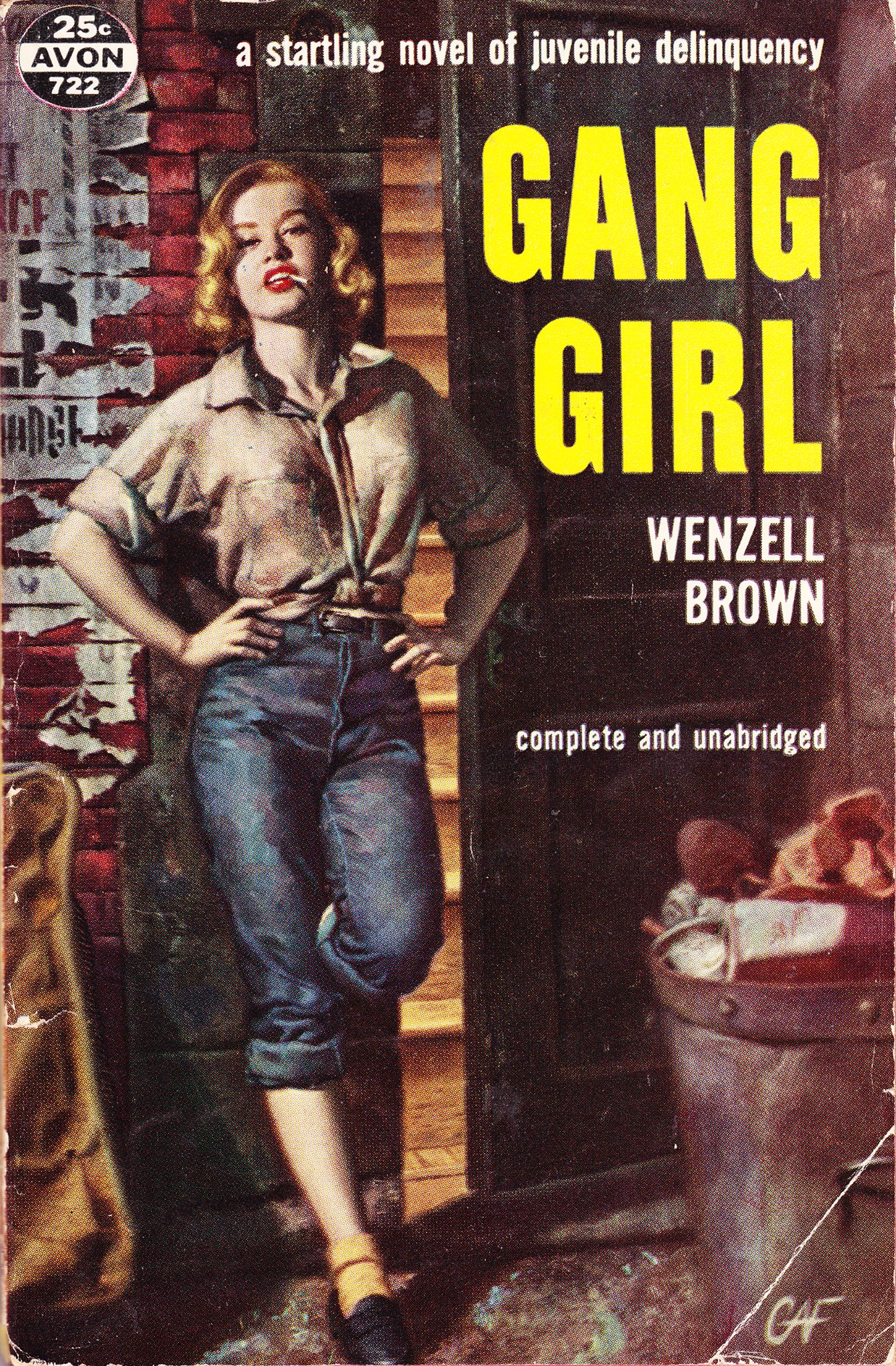 It takes scholarly love and a fan’s enthusiasm to devote oneself to putting together a 300-plus page book dissecting obscure pulp fiction. But that is exactly what Australian writers Andrew Nette and Ian McIntyre have done with Girl Gangs, Biker Boys, and Real Cool Cats: Pulp Fiction and Youth Culture, 1950 to 1980.
It takes scholarly love and a fan’s enthusiasm to devote oneself to putting together a 300-plus page book dissecting obscure pulp fiction. But that is exactly what Australian writers Andrew Nette and Ian McIntyre have done with Girl Gangs, Biker Boys, and Real Cool Cats: Pulp Fiction and Youth Culture, 1950 to 1980.
The respected site, Literary Hub, has a terrific piece by New York crime writer, Scott Adlerberg, talking about pulp fiction and the new book on youth subculture and pulp fiction that Iain McIntyre and I have edited. You can check it out in full on their site here.
Girl Gangs, Biker Boys, and Real Cool Cats: Pulp Fiction and Youth Culture, 1950 to 1980 is out now through PM Press.… Read more
Posted in Australian pulp fiction, British pulp fiction, Fawcett Gold Medal Books, Girl Gangs, Biker Boys and Real Cool Cats: Pulp Fiction & Youth Culture, 1950-1980, Horwitz Publications, Pulp fiction, Pulp fiction in the 70s and 80s, Pulp paperback cover art
Tagged Girl Gangs Biker Boys and Real Cool Cats: Pulp Fiction and Youth Culture 1950 to 1980, Literary Hub, Pulp fiction, Scott Adlerberg, Youth subculture
Pulp Friday: British horror pulp
 Halloween approaches and, as has been my habit over the last couple of years, I want to mark the occasion with a bit of pulp. Horror pulp, actually. British horror pulp, to be exact.
Halloween approaches and, as has been my habit over the last couple of years, I want to mark the occasion with a bit of pulp. Horror pulp, actually. British horror pulp, to be exact.
American horror pulp got a bit of love on this site a little while ago, when I reviewed Grady Hendrix’s Paperbacks From Hell: The Twisted History of ‘70s and ‘80s Horror Fiction, a history of American horror from the 1970 and 1980s.
But I reckon the Brits have always done horror pulp really well. And, if you want proof, feast your eyes on the wonderful selection of British horror pulp from the 1960s and 1970s, all sourced from my collection, including a couple of ultra rare Hammer paperback film tie-ins I own.
Enjoy Halloween.
Posted in Adrian McKinty, Albert Dekker, British pulp fiction, Horror, New English Library, Pulp fiction in the 70s and 80s, Pulp Friday, Pulp paperback cover art
Tagged British horror pulp, Dennis Wheatly, Four Square Books, Hammer Films paperback tie-ins, Michel Parry, New English Library, Pulp Friday
Book Review: Getting Carter, Ted Lewis & the Birth of Brit Noir
 The time is past when one could accurately describe Ted Lewis as a lost or under appreciated author. His best books have recently been re-released, Mike Hodge’s 1971 film, Get Carter, based on Lewis second novel, Jack’s Return Home, continues to be seen as a crime cinema classic, and Lewis’s profound, albeit posthumous, influence on the origins on Brit Noir is regularly reiterated by many of the leading lights of crime fiction.
The time is past when one could accurately describe Ted Lewis as a lost or under appreciated author. His best books have recently been re-released, Mike Hodge’s 1971 film, Get Carter, based on Lewis second novel, Jack’s Return Home, continues to be seen as a crime cinema classic, and Lewis’s profound, albeit posthumous, influence on the origins on Brit Noir is regularly reiterated by many of the leading lights of crime fiction.
But we know little about Lewis as a person and the influences on his work. Nick Triplow’s Getting Carter: Ted Lewis and the Birth of Brit Noir is obviously the product of considerable time, energy and shoe leather spent hunting down the facts of Lewis’s life. That Triplow doesn’t completely succeed in unravelling all the mysteries surrounding Lewis’s spectacular rise and fall is not for want of trying and, it must be stressed, the book is none the worse for it.
Contemporary literary culture, with its focus on the writer’s journey, literature as personal confession and the book scribe as media celebrity, is a relatively new phenomena. Lewis went to his grave without leaving a detailed archive of papers or journals and having only done a handful of newspaper interviews. He had neither the time nor, one suspects, inclination to record his inner most thoughts.… Read more
Posted in Book Reviews, British crime cinema, British pulp fiction, Crime fiction, Crime film, David Goodis, Neo Noir, Noir fiction, Pulp fiction, Stanley Baker, Ted Lewis
Tagged Cy Endfield, David Goodis, GBH, Get Carter (1971), Getting Carter: Ted Lewis and the Birth of Brit Noir, Hell Drivers (1957), Hell is a City (1960), Jack Carter and the Mafia Pigeon, Jack Carter's law, Jack's Return Home, Joesph Losey, Mike Hodges, Nick Triplow, Ted Lewis, The Criminal (1960), Val Guest
Pulp Friday: Hell is a City
 A very quick Pulp Friday offering, Maurice Procter’s Hell is a City, published by Arrow Books, 1957. I am not sure, but this edition may even be the first British release of the novel in paperback.
A very quick Pulp Friday offering, Maurice Procter’s Hell is a City, published by Arrow Books, 1957. I am not sure, but this edition may even be the first British release of the novel in paperback.
Procter was a former Manchester policeman turned crime writer, best known for his police procedurals featuring the character of Detective Chief Inspector Harry Martineau, based in a tough fictional northern England industrial town. Proctor penned 14 Martineau novels, which appeared between 1954 and 1969, of which Hell is a City was the first.
Two things have got me thinking about the Martineau books. The first is my PhD research at the moment, which has been looking at the prevalence of American style detective and PI crime fiction in the 1950s in the US, UK and Australia. Procter’s work is different from a lot of post-war British crime pulp, which was set in America.
I’ve also been reading Nick Triplow’s excellent biography of English crime writer, Ted Lewis, Getting Carter (which I’ll be reviewing on this site in the coming weeks).
Among the popular cultural touchstones, Triplow writes, that would inspire Lewis’s work, including the iconic series of British gangster novels featuring the character of Jack Carter, was the 1960 film adaption of Hell is City by Val Guest.… Read more
Posted in British crime cinema, British pulp fiction, Crime film, Pulp fiction, Pulp Friday, Pulp paperback cover art, Stanley Baker, Ted Lewis, Vintage pulp paperback covers
Tagged Detective Chief Inspector Harry Martineau, Getting Carter, Hell Drivers (1957), Hell is a City (1960), Jack Carter, Maurice Procter, Nick Triplow, Stanley Baker, Ted Lewis, The Criminal (1960), Val Guest

